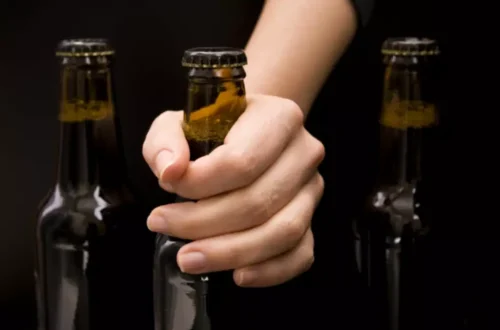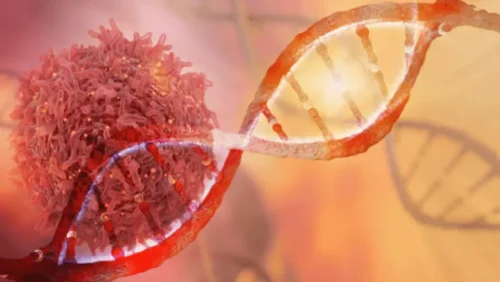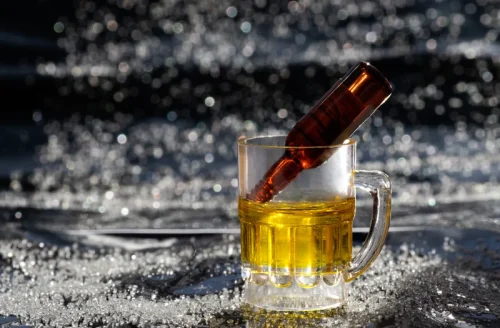
Replacing the serotonin boost obtained from alcohol with sugary or fatty foods can lead to the development of another addiction. Therefore, consuming healthy, nutrient-rich foods is essential to replenish nutrient reserves and support the body’s recovery during alcohol detox. During alcohol detox, it’s important to consume plenty of fruits and vegetables for essential vitamins, minerals, and fiber, while avoiding processed foods high in sugar, salt, and unhealthy fats. For people experiencing alcohol withdrawal symptoms, eating can prove difficult.

Top Foods for Alcohol Recovery: Nourishing Your Body On the Path to Wellness
- One of the most effective ways to complement your alcohol addiction recovery is with the aid of an alcohol cleanse diet.
- Recovering from alcohol misuse requires not only psychological support but also a nutritional overhaul to address deficiencies caused by chronic consumption.
- Magnesium can help reduce alcohol cravings and improve sleep quality, both common problems during alcohol withdrawal.
Our dual diagnosis program is customized to the specific needs of each person, and it includes individual and group therapy, aiming to heal from both sides of these complex struggles in a holistic way. By feeding our brains with the right foods, we can improve our neuroplasticity and enhance our cognitive best diet for recovering alcoholic abilities, mental health, and quality of life. Eating these healthy foods makes sure you have a balanced and supportive diet, helping your recovery journey with kindness and holistic well-being. Good nutrition also helps improve your overall health, which may have suffered during your addiction.
Common Types of Nutritional Deficiencies
Our brain is a remarkable organ that can change and adapt throughout our lives. This ability is called neuroplasticity, and it helps us learn new skills, heal from injuries, and deal with new situations. One of the most important factors that affects neuroplasticity is nutrition. Start by talking to your doctor about how much alcohol you’ve been using and your plan to quit.
Foods To Avoid While Going Through Alcohol Detox

Although eating these foods during detox won’t ensure smooth sailing, they will likely ease the discomfort and cravings that accompany the detox stage. However, in cases where withdrawal symptoms are overly uncomfortable or potentially dangerous, medical detox may be necessary. These programs are offered at professional alcohol rehab facilities like The Recovery Village, and they help make withdrawal a safer and more comfortable process.
- You can opt for a multivitamin or seek out individual supplements that contain omega-3, magnesium, zinc, and vitamins A, B, C, D, and E.
- Having a nutritious diet will also help in alleviating some of the alcohol withdrawal symptoms.
- As with any supplement regimen, it is essential to consult with a healthcare provider to ensure these are appropriate and safe for your personal health circumstances.
- Capsaicin is the component in the pepper that causes a burning sensation upon consumption.
Alcohol Addiction and the Need for Detoxification
Individuals who have used alcohol heavily often show additional deficiencies in vitamin A, vitamin B2 (riboflavin), vitamin B6 (pyridoxine), vitamin c (ascorbic acid), calcium and iron. Women are especially at risk of osteoporosis after drinking heavily and should increase their calcium intake. However, always consult a doctor before starting any diet, supplement or nutritional program. The most common vitamin deficiencies for alcoholics are vitamin B6 (pyridoxine), vitamin B1 (thiamine), and folic acid. Lacking these nutrients can lead to problems such as anemia (decreased amounts of red blood cells or hemoglobin in the blood) or Korsakoff’s syndrome, a neurological disorder.
Diet-Related Symptoms of Substance Abuse

The most common dietary deficiencies in alcoholics are vitamin B6, thiamine and folic acid. These vital nutrients aid in red blood-cell production and nutrient absorption. During detoxification, or the immediate period following alcohol withdrawal, a doctor should monitor these levels and decide if supplementation is necessary to preserve healthy bodily function. He will also screen for protein, iron and electrolytes to determine what, if any, lasting damage has been done to the liver. This flavorful spice has been used for food and medicinal purposes around the world for thousands of years, and offers countless health benefits for those going through alcohol withdrawal.

Water makes up around 60% of the body and plays vital roles in nearly every function. Critical examples include facilitating brain function, improving mood, flushing out toxins and transferring nutrients between cells. Understanding the relationship between nutrition and addiction recovery means understanding the roles nutrients play in the body. There are six nutrient groups derived from food that are considered essential, and they can be divided into micronutrients and macronutrients. Unfortunately, the most important foods to avoid when overcoming withdrawal symptoms are greasy, fatty food and too much sugar. Multivitamin supplements can also help you get the required amount of vitamins and minerals you need.
Enhancing Neuroplasticity Through Nutrition
And during alcohol detox, it will be highly beneficial to patients if they start healing their bodies through a balanced diet to help facilitate the recovery process and reduce the risk of relapse. Consuming sufficient levels of protein can help alleviate common withdrawal symptoms such as nausea and fatigue, facilitating a smoother transition to sobriety. A steady intake of protein helps to stabilize blood sugar levels, which can be erratic after prolonged alcohol use.
